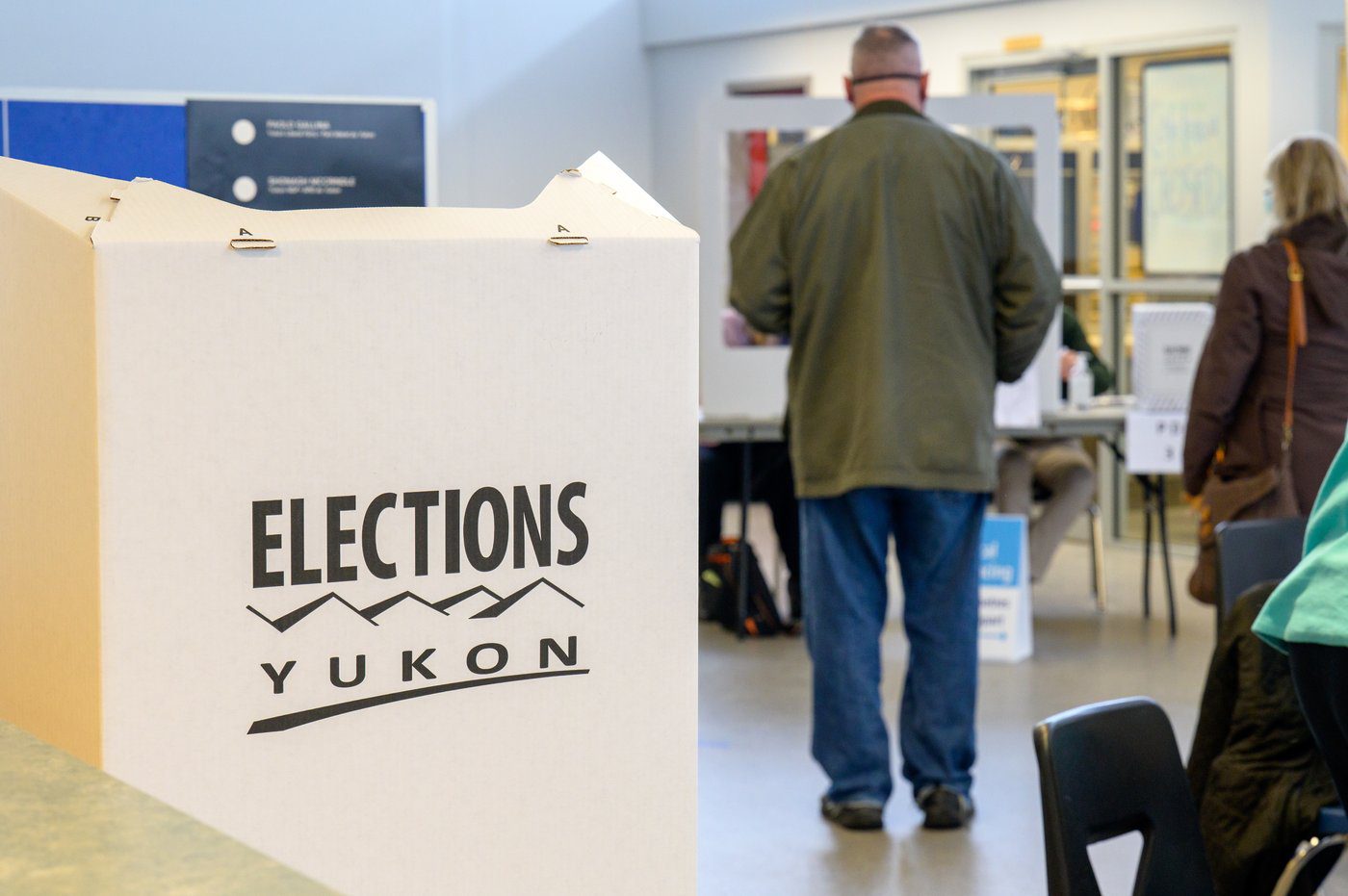The Nov. 3 Yukon general election produced another change in government in Canada.
Currie Dixon’s Yukon Party won a majority with 14 out of 21 seats. That’s an increase of 6 seats from the 2021 election. Kate White’s Yukon NDP will form the official opposition with 6 seats, up from 3. As for Mike Pemberton’s Yukon Liberals, they dropped from 8 seats to a paltry 1 seat – with the soon-to-be former Premier losing his own electoral district in Whitehorse West. (Debra-Leigh Reti, who barely won the party’s only seat in Vuntut Gwitchin, will face the prospect of a mandatory recount.)
There was also a plebiscite on whether Yukon voters wanted to switch from the current first-past-the-post system to a ranked ballot system. A total of 56.18 per cent were in favour, with 43.82 per cent opposed. The Yukon Party supports first-past-the-post, so we’ll see if anything comes of it.
Another election in Canada. Another Liberal government falls by the wayside.
This has become a regular theme in our country. The only provincial Liberal government still standing is led by New Brunswick Premier Susan Holt. There are two provincial NDP governments – David Eby (B.C.) and Wab Kinew (Manitoba). Every other province is led by a right-leaning Premier, and it’s now been joined by a territory.
What does this mean for Prime Minister Mark Carney and the Liberals?
The Yukon election result won’t have a direct impact on Carney’s political future, but there will likely be an indirect association. How so? The collapse of most provincial Liberal governments will undoubtedly aid Pierre Poilievre and the federal Conservatives in making the case that many voters are tired with the status quo in Canadian politics.
That’s what usually leads to a change in government – or, in this case, multiple changes.
The electorate “wanted change to address our housing crisis, they wanted our health-care infrastructure to keep up with our population growth, and our health system to meet the needs of all Yukoners, regardless of what community they live in,” the premier-designate said in his victory speech on Monday. “They told us to get our economy back on track, to put growth of the private sector at the forefront of our agenda.”
Dixon, who will become the first Yukon Premier born in the territory, will likely lead a moderate conservative government. His Yukon Party is certainly to the right and respects fiscal conservatism. It’s not wildly different from Nova Scotia Premier Tim Houston’s Progressive Conservatives or Newfoundland and Labrador Premier Tony Wakeham’s Progressive Conservatives in its political and economic approach, however.
That’s not surprising. Right-leaning governments in provinces and territories that have historically relied on federal support and equalization payments from Ottawa tend to have a left-leaning Red Tory hue. This is different from more economically independent provinces like Alberta and Saskatchewan – and it’s different from Ontario and B.C., which have had a mix of Red Tory and Blue Tory governments over the years.
The Premier and government of the day obviously have to think about which political formula works best in a province or territory. The Yukon Party, which used to be the old Yukon PCs before the party renamed itself before the 1992 election, has generally tried to balance fiscal conservatism and social spending to attract electoral support. Dixon obviously knows this, and will surely continue this pattern.
Carney and his senior advisers, in turn, will be focused on ensuring the recent rejection of various provincial Liberal governments doesn’t have a significant effect on the next federal election. While it obviously won’t be directly tied to the success or failure of Dixon and the Yukon Party, the shift in Canada’s political winds shows that a growing number of Canadians are at least open to considering political change in Ottawa. Carney’s political honeymoon is over, Poilievre is back in Parliament and most polls have revealed that the federal Liberals and Conservatives have only been divided by margin of error (or less) for the past few months.
“Yukoners wanted change, and I respect that,” Pemberton said in a recent interview with CBC News. “The sky is not falling.”
No, the sky isn’t falling just yet. But if the current political trend continues to move away from support for provincial Liberal parties and governments, it may result in the long-awaited defeat of the federal Liberal government. That’s the type of scenario that even the Chicken Littles of Canadian politics wouldn’t be exaggerating about.
Michael Taube, a long-time newspaper columnist and political commentator, was a speechwriter for former Canadian prime minister Stephen Harper.






